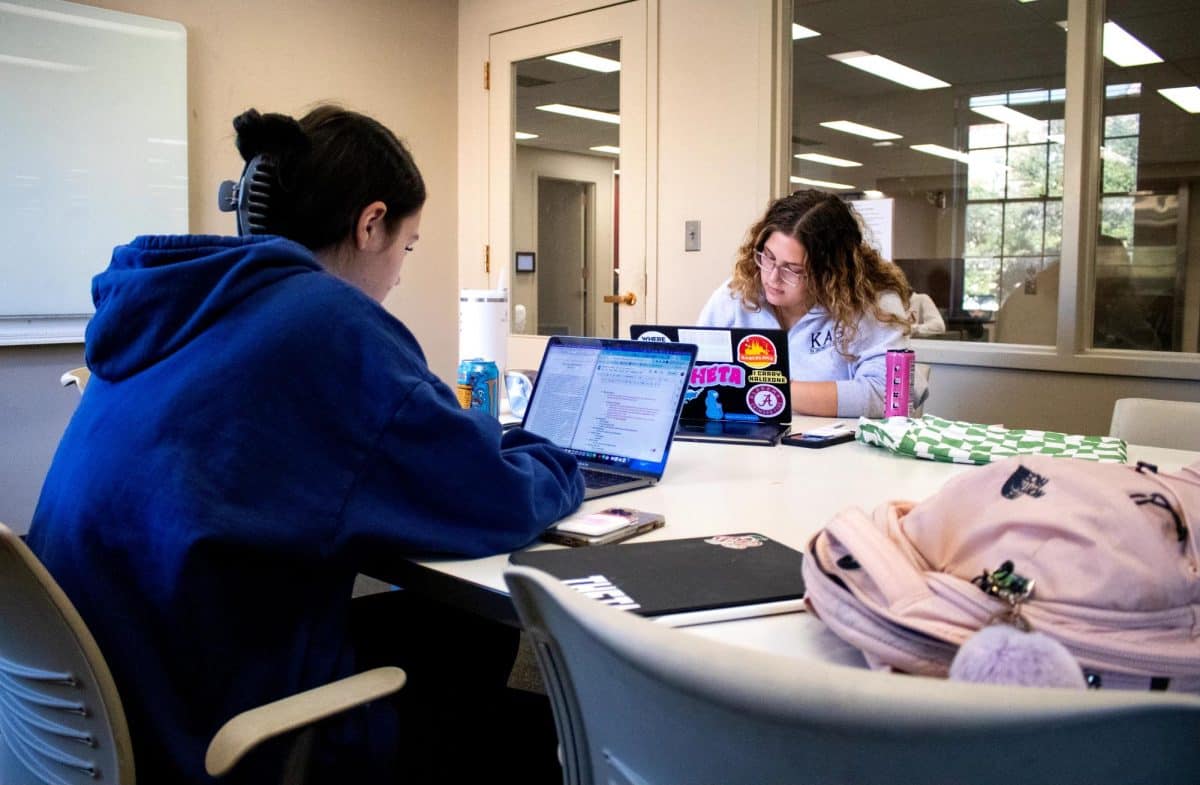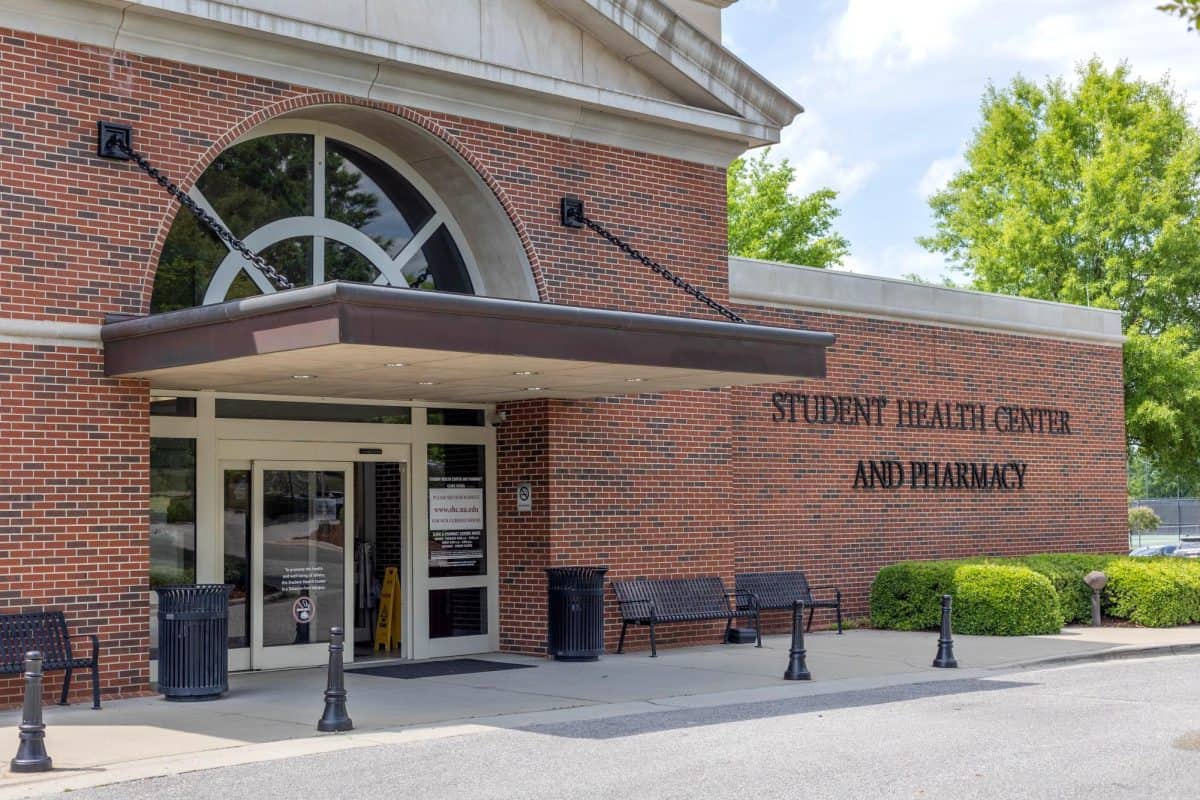When I was 6 years old, I came to Alabama, a state that has struggled to ac-cept its identity and the setting in which I would struggle with my own identity for years.
As a child, I grew up valuing what Alabama offered me, whether it was the faded yellow bus that drove up and down my neighborhood to take children to school or the grocery stores filled with vibrant, colorful produce that people jostled to buy. In a sense, I was happy. My parents would often tell me they had brought me to America for a future unimaginable for me in Mexico, and I was beginning to believe them. I was beginning to see Alabama as my home, but I would gradually notice how different I was in the eyes of others.
The first time I was chastised for speaking Spanish was in second grade. My friend and I had finished our test and were excitedly chattering about the book fair when our teacher swooped in, telling us if we spoke Spanish again we would be written up. In sixth grade, I read a story of how Martin Luther King Jr. lost a friend because the mother of the child refused to have her son mingle with a colored person. I wondered if that was the same reason a friend of mine had severed our friendship. In 10th grade, a friend reassured me that I had no reason to fear discrimination because I wasn’t like “the other Mexicans,” that I was different, that I was a “good Mexican,” that I was American – but was I?
My story is not unique. It is part of the larger story of Latinos in Alabama. I need no one to speak for me, and, in turn, other Latinos do not need me to speak for them. If anyone wants to know the stories of Latinos in Alabama, all he or she must do is listen. Their stories are of perseverance and hardships unique to our setting. While they share similarities with Latinos in different parts of the U.S., the realities of Latinos in Alabama deviate from those of Latinos in California, New York or even neighboring Florida.
So what does it mean to be Latino in Alabama?
To be Latino in Alabama is to live in a state that often refuses to see us as its own.
In a state that prides itself on Southern hospitality, it seems the term comes with a giant asterisk that excludes the fastest-growing ethnicity in the U.S. When conversations on race occur, it’s always black and white, but is the fact that the Latino population in Alabama grew 145 percent from 2000 to 2010 a fly on the wall instead of a knock at the door?
Even here at The University of Alabama, while we compose 3 percent of the student body, we receive 0 percent of the University’s attention. It is a disgrace that the few Latinos I have met here feel unwelcome, and it is even more shameful that I know of even more who transferred out because of it. Latinos in Alabama have thousands of stories to tell, and the state would be much better off if it listened.
Victor Cuicahua is a freshman majoring in journalism. His column runs biweekly.








